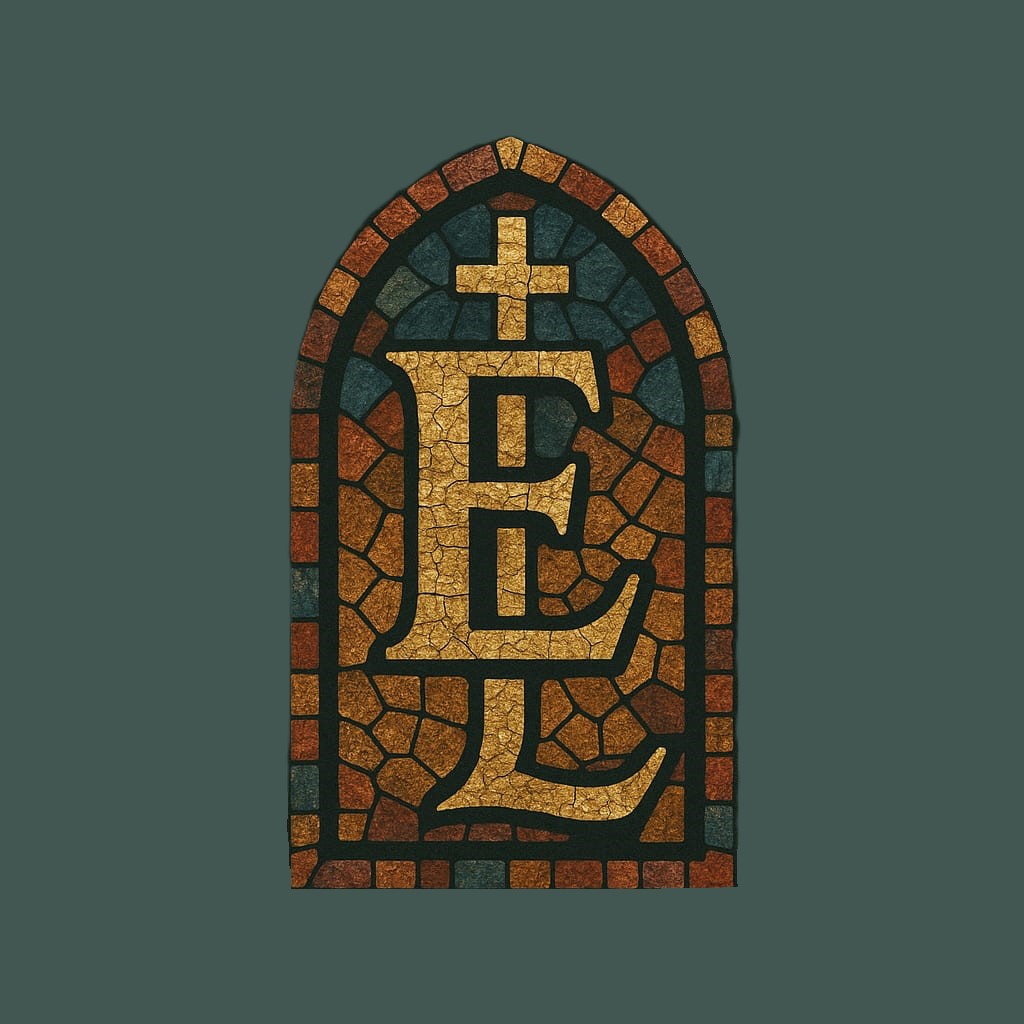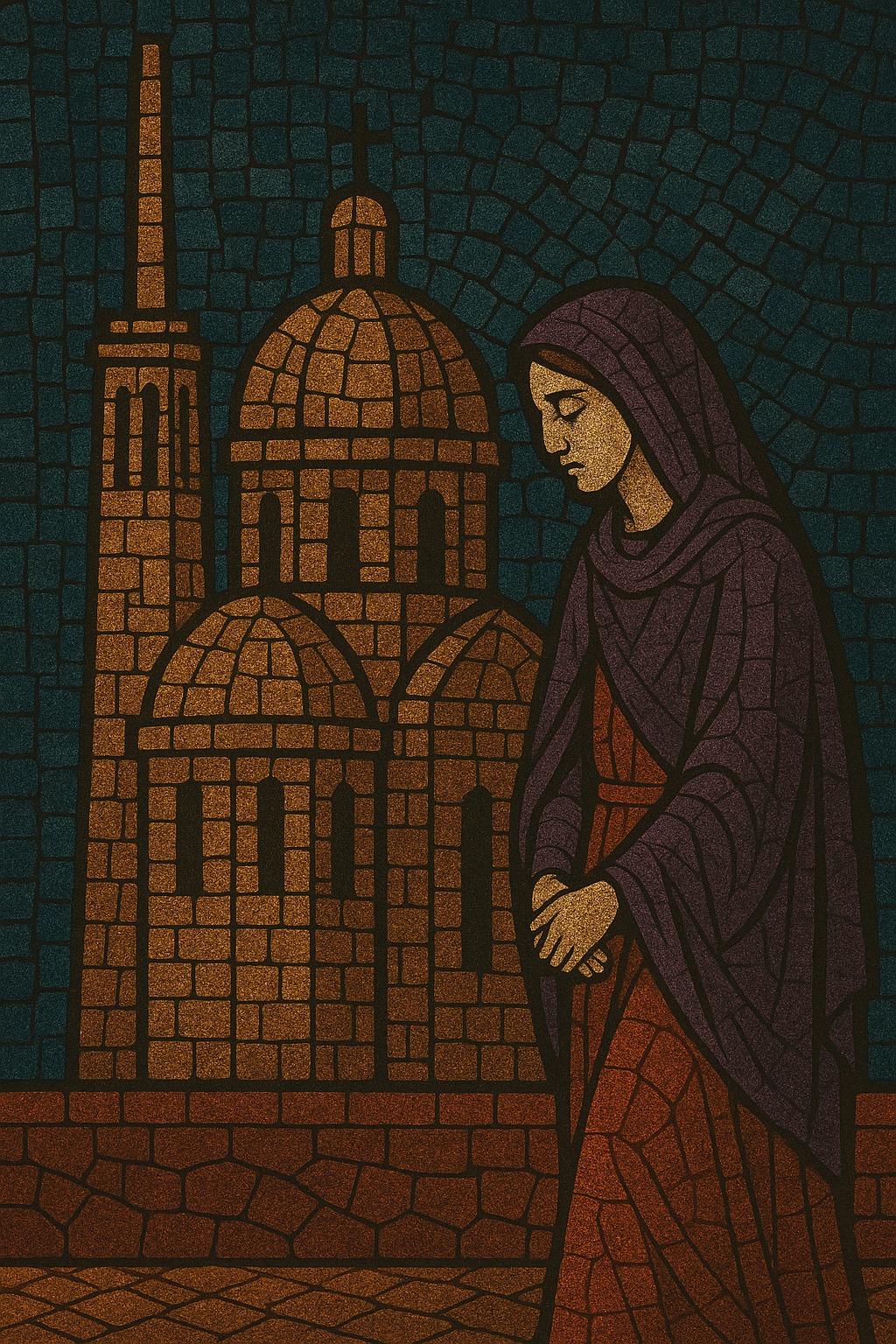This is a personal reflection based on my own experience and inner discernment. The aim of this text is not to condemn individuals or organizations, but to express a personal journey through wounds, a search for truth, and growth in mercy. Everything written here comes from love for human dignity and a desire for deeper understanding and peace.
In a time when so much is said about human dignity, it is easy to forget that it is not a theoretical idea, but a face standing before us. Human dignity is the discovery of oneself in the light of the other, and of the other through what your heart tells you about them. When two similar hearts recognize each other, the conversation becomes clearer and more honest. When that dignity shines and sparkles, I know I am in front of another—unknowable and unrevealed—and I receive the grace that something is being unveiled. At such moments, even learned definitions fade, because a person stands before us with both virtues and flaws.
We often believe we are fighting together for the same dignity, and yet—almost imperceptibly—we place organizations and structures above the person himself. We live with ideals of serving others, but among ourselves, we often neither know nor recognize that dignity. Organizations exist for the sake of the person, not the person for the organization. No organization is above the dignity of every individual. It is better to elevate the dignity of the greatest sinner than to adhere to a structure that diminishes it—even when it claims to defend it.
Does the structure truly defend the person, or is it defending itself and its reputation at the expense of truth and mercy?
We have found ourselves in an unbridgeable chasm between our knowledge of human dignity and our inability to treat others in accordance with that knowledge. A discord between thought, word, and deed—a trinity without a bridge—sinks ever deeper. We do not want to lose a long established structure, but we are unwilling to renew it, even though it wounds dignity, both mine and yours. Once again, matter has triumphed over integrity and humanity.
Those whose matter has won climb the structure without dignity, believing they are fighting for the dignity of others.
The paradox has nestled into the foundations of structures built on sabotage, slander, silence, rejection, and persecution, and there are few who speak out about it. Pride hidden behind the curtain of a “noble cause” blinds, and it is the most dangerous of all sins. The blind remain in the desert, where a whisper is heard: “If you bow down to me just a little, I will give you the whole world.” Many have fallen for this temptation. The structure must survive—so many must fall for it, not knowing they have bowed to something that distances them from the Father.
Ideals are not broken. They were only redirected into gifts I could receive by leaving the lies. Chasm and I are strangers. The structures of sin abandoned me, along with the well-presented false nobility. The dignity was restored by mercy, the kind that asks for forgiveness before it forgives, that chooses humility over escape or forgetting. That dignity has always shone too brightly. ‘’Mercy is what I desire, not sacrifice’’ (Hosea 6:6). And I know it still shines in many among us who are yet to heal from the wounds inflicted by structures and organizations—especially the structures of sin and the whirlpools into which they drew us.
It is okay to feel deep pain because of the struggle, or even the loss of something into which you poured so much of your time. Imagine if you didn’t feel that—would you not wonder whether you ever truly gave yourself to it? When have you ever truly integrated a piece of yourself into that structure, hoping it would be made a little better? The hole that remains is a piece of your light embedded in that structure. It is the faith from which you drew the hope that you could make the world a better place. I know many carry this wound—maybe unspoken, maybe hidden deep—but it shapes the way we see ourselves, others, and the structures that surround us.
This text carries a longing for truth that heals and for love that never stops believing.
“Only in truth does love shine forth, only in truth can love be lived and be recognized as authentic” (Caritas in Veritate, 3). This is my prayer too—that love and truth may become once again, and that from this unity healing may flow for those who are wounded, misunderstood, or lost within structures that were meant to be places of support, but became sources of pain.
I call for a return to a truth that does not humiliate but liberates. To a love that does not ignore pain but takes it into its hands and carries it toward the light.
May this message not be a source of bitterness, but an invitation for all of us to rediscover what it means to be human—not in theory, even if the theory is correct, but in a lived experience that often feels very different.
If in this journey I have hurt anyone—by word or silence, consciously or unconsciously—I sincerely ask for forgiveness. My intention is not division, but healing. My words come from a place where pain has become prayer, and misunderstandings call to deeper listening.May this message not be a source of bitterness, but an invitation for all of us to rediscover what it means to be human—not in theory, even if the theory is correct, but in a lived experience that often feels very different.



